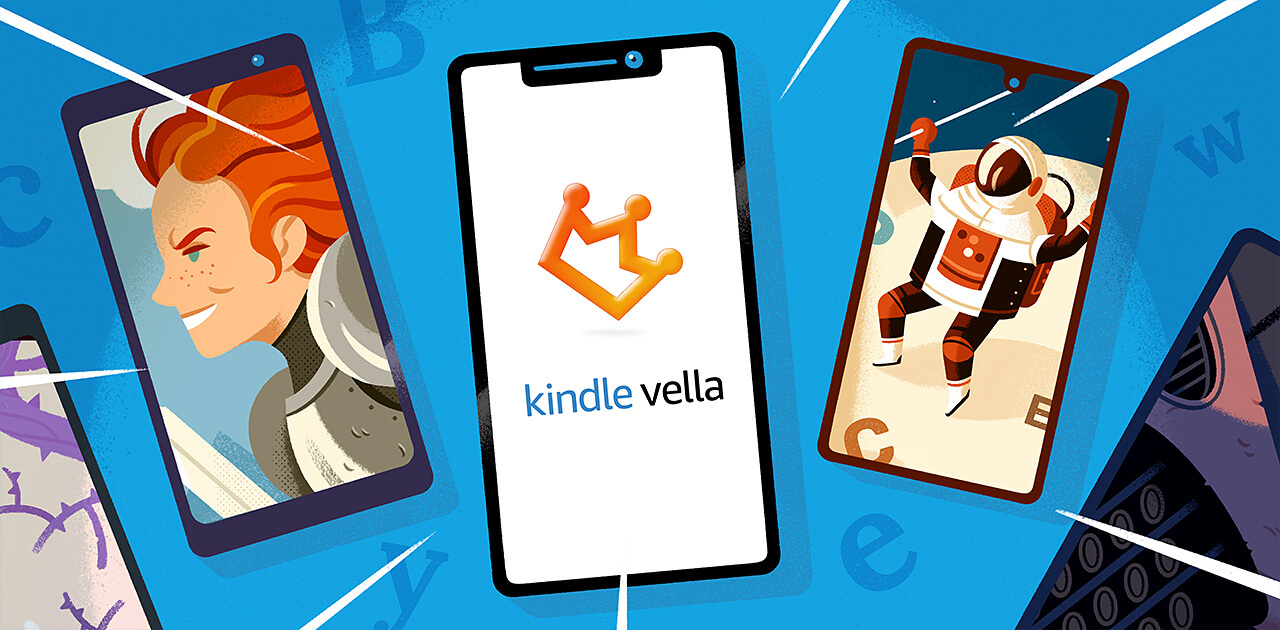
When we are children, teachers love to ask us, “What do you want to be when you grow up?”. My answers were varied, and clearly influenced by the cultural influences of the time. I would proudly state, “I’m going to be an Astronaut/Ninja (Star Wars), or an Archaeologist/Explorer (Indiana Jones), or a Professional Ghost-Buster (No reference needed here)”. When I was close to graduating high school, and facing the prospect of choosing a path for the rest of my life, I was being asked the same sort of questions. Expect, at this point in my life, my answers and choices had a much bigger impact.
I felt a lot of pressure around this decision, and wondered, How the heck am I supposed to know the answer to that? I was only 17, and could barely manage doing my homework editing essays after use a plagiarism checker tool, finding clean clothes, remembering to pack a lunch, working an afterschool job, oh and all the other life joys that come with being a teenager; confusion, hormones, very questionable fashion choices, braces, and complete lack of emotional intelligence or ability to self regulate.
When I heard other students so confidently declare their life-paths; “I’m going to be a doctor, I’m going to study art, I’m going to open a business”, at first I thought I was completely out of my league, and behind everyone else in my grade. Now, in hindsight, I think most of those people didn’t know either, but they were sort of worst off than I was; as at least I knew I was clueless. This got confirmed at my 20 year high school reunion, where literally no one had done what they said they were going to do in highschool. (Ironically except for me, of course, as clearly I’m a ghost buster/archaeologist/ninja/writer, but still working on becoming an astronaut, #reasonablelifegoals).
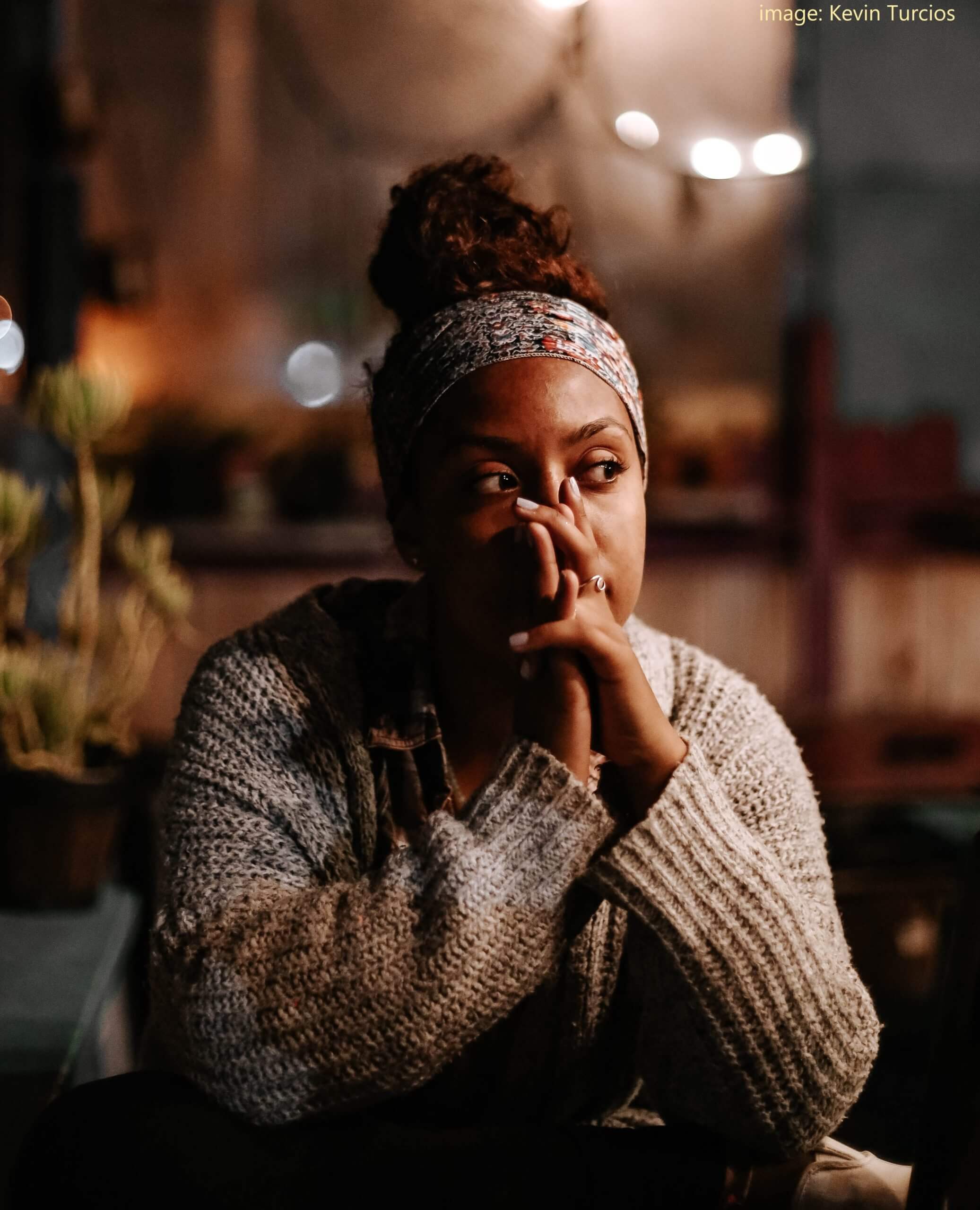
On a more serious note, how is it, not one of these confident-self-declarers didn’t manage to do anything that their 17 year old selves thought they would do?
Perhaps there’s something missing in our education system when it doesn’t leave room for a healthy dose of doubt, exploration, and the ability to try some things and fail without going into thousands of dollars into debt?
There was a really engaging teacher at my high school, named Mr. McQueen, who was a retired philosophy professor that choose to come out of retirement to teach part time. (Picture a cross between George Carlin and Noam Chomsky, with glorious Bob Ross hair). Mr. McQueen’s reasoning was simple, as he so eloquently put it once; “I like being able to shape minds and hearts before they become completely unredeemable a-holes”.
This unconventional intellectual hippie-genius was the only educator in my life who made any sense to me, when I was overwhelmed with university application decisions. He simply said to me “Maybe you should wait until you know yourself better before deciding on a course for the rest of your life?” He then handed me a book, and in a very Dumbledoresque move, turned and walked away, almost floating down the hallway.
I did decide to take some time off before starting university, to work, travel and make mistakes; and I’m so glad I did. Mr. McQueen started me on a path of self exploration, truth seeking, and expansion for which I will always be grateful. I’d like to share some of the books which greatly influenced me over the years, and due to the seeds they planted, have continued to guide my path of personal expansion and exploration.
The Celestine Prophecy, by James Redfield
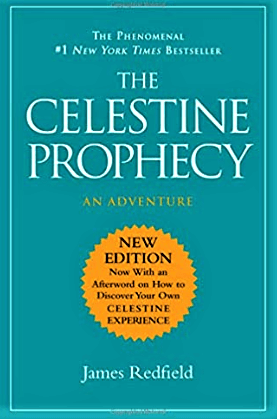
For many people just starting out, or coming back to a path of self-exploration and spirituality, The Celestine Prophecy is a wonderful opening first book. Although fiction, much like the stunned impact many of us felt when watching the first Matrix movie at the movie theatre, The Celestine Prophecy can strike the reader as non-fiction. Only one chapter into this book, and I felt myself being triggered- a full body déjà vu. Many readers have expressed something similar.
Like a gong going off, I experienced a strong confirmation on some deep level. The story viscerally struck me as being part of an innate knowledge. It’s hard to explain, but I felt as if I suddenly had access to a mysterious wisdom. The words on the page essentially acting like a key to unlock something in my unconsciousness. Redfield successfully created an engaging and dynamic story which was somehow both straight forward and yet truly unique. What’s more impressive is that he accomplished this for a subject matter which is a multiplex of layers, experiential, ineffable, and is therefore, not easy to convey with words alone.
“When James Redfield first published this extraordinary book — an adventure in pursuit of a spiritual mystery — people picked it up, read it, and were stunned by its contents… By word of mouth alone, news of this magical, moving work spread throughout the country, until — within months of its first printing — over hundred thousand readers had become excited by its predictions and touched by the way it made sense of what was happening in their lives.” – Goodreads
This parable is filled with important truths and reads like a gripping adventure story. It starts with the disappearance of an ancient Peruvian manuscript. Although only a few outsiders know that it exists, the Peruvian government and church are trying to move heaven and earth to suppress it. This invaluable document contains an essential secret; nine insights which the human race is predicted to understand as they enter an era of true spiritual awareness. To recover the manuscript and get access to its many hidden treasures, the reader is invited to join the adventure.
It is a quest that goes high into the Andes mountains, through old-growth forests, to ancient ruins and to a startling discovery. A huge theme in this book is Synchronicities. Author Mark Holland, co-author of Synchronicity said, “The primary reality of synchronicities is emotional. The reason they’re (synchronicities) there is to make us feel something, and the feeling that our lives are rich and worth our reflection comes in part from our sense of the depth and mystery of life.” Many people have reported noticing sudden and multiple synchronicities in their personal lives when they start reading this book, as I did. When all nine of the insights are “discovered” by the end of the novel, I found I had an exciting new image of human life, and a positive vision of how we will save this planet, its creatures, and its beauty. Essentially,The Celestine Prophecy gave me hope.
Peak, by Anders Ericsoon and Robert Pool
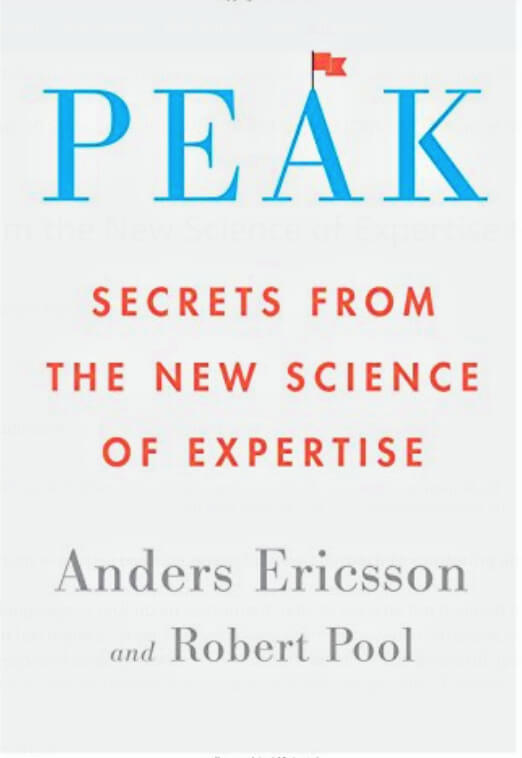
Looking to level up in your life and really explore and excel in a specific area? Have you ever wanted to learn a language or pick up an instrument, only to become too overwhelmed by the notion? Expert performance guru Anders Ericsson has made a career studying chess champions, star athletes, violin virtuosos, and wizards of memory. Peak condenses three decades of original research to introduce an incredibly powerful approach to learning that is fundamentally different from the way people traditionally think about acquiring a skill.
Out of all the books which look at skill development and mastery, this one’s at the top of my list. Anders and Pool are authentic; having done so much more research than many other books on this topic are based on. If you only read one book on mastering your craft, I would suggest you consider reading this one. This book takes another look at the concept of someone just being born with “talent” and therefore “lucky”. This book debunks that notion, using countless studies, and shows that anyone can learn, grow and master pretty much any skill.
Too many of us suffer from “imposter syndrome” and an often a society-induced plague of constant self-doubt and playing it safe and small. This book helped me be open to letting go of notions and self-stories which no longer served me, and encouraged me to pay attention with intention. By showing up fully in our lives, and not only be willing, but excited, to do the “work”; there is truly nothing you cannot accomplish.
The Elephant in the Brain: Hidden Motives in Everyday Life, by
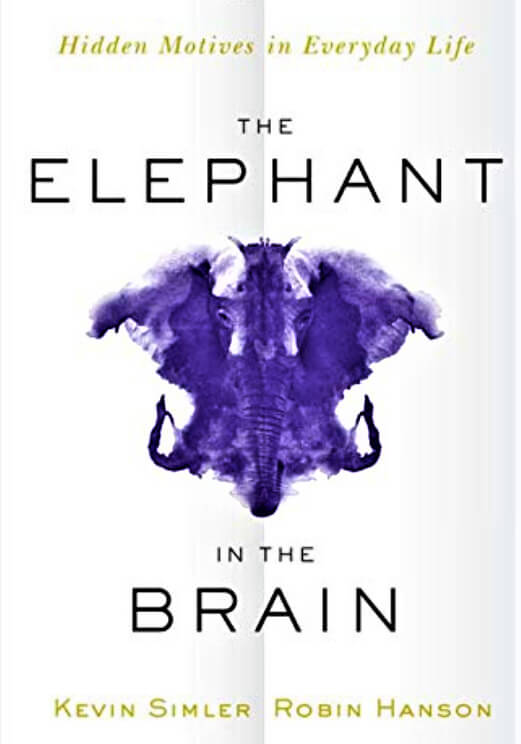
Have you ever wondered: What made me choose to do that? How can I do better in the future? What would have happened if I made a different choice? The Elephant in the brain is a exceptional book for helping you understanding your own “hidden motivations in everyday life” and why we do what we do. This book is widely applicable to all parts of life, and offers the kind of explanations you can’t stop thinking about after reading.
“Human beings are primates, and primates are political animals. Our brains, therefore, are designed not just to hunt and gather, but also to help us get ahead socially, often via deception and self-deception. But while we may be self-interested schemers, we benefit by pretending otherwise. The less we know about our own ugly motives, the better – and thus we don’t like to talk or even think about the extent of our selfishness. This is “the elephant in the brain.” Such an introspective taboo makes it hard for us to think clearly about our nature and the explanations for our behavior. The aim of this book, then, is to confront our hidden motives directly – to track down the darker, unexamined corners of our psyches and blast them with floodlights. Then, once everything is clearly visible, we can work to better understand ourselves: Why do we laugh? Why are artists sexy? Why do we brag about travel? Why do we prefer to speak rather than listen? Our unconscious motives drive more than just our private behavior; they also infect our venerated social institutions such as Art, School, Charity, Medicine, Politics, and Religion. In fact, these institutions are in many ways designed to accommodate our hidden motives, to serve covert agendas alongside their “official” ones. The existence of big hidden motives can upend the usual political debates, leading one to question the legitimacy of these social institutions, and of standard policies designed to favor or discourage them. You won’t see yourself – or the world – the same after confronting the elephant in the brain.” (Amazon)
How are you, Really? by Jenna Kutcher
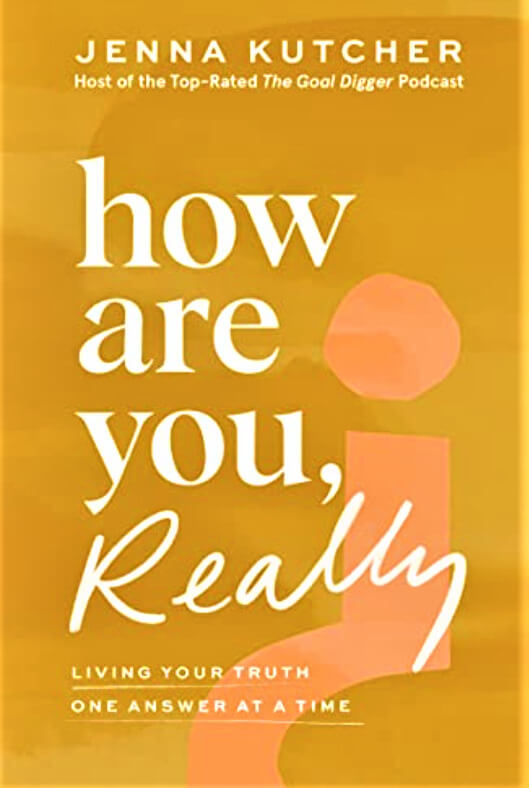
When Jenna Kutcher was 23, and newly graduated from business school she moved into the corporate world. On one of her first days of work, her supervisor handed her “Jenna’s five year plan.” Something deep inside Kutcher started to stir, and it didn’t feel good. She didn’t really know what she wanted to do or be, but she knew for certain that a five year plan made for her, wasn’t it. She quickly understood if you don’t take control of your life and make your own plans, someone else will do it for you. As such, she quit her corporate job, bought a camera on Craigslist for $300, and started her own business as a wedding photographer.
From that single investment in herself and her personal education, Kutcher has built a successful company, hosts a popular podcast, Goal Digger, created a beautiful brand, and has a loving and full family life. But her driving force has never been about working “harder/faster/smarter/better”. Kutcher reframes the common perspective around work/life balance, by taking into consideration all the facets of our lives, and how we want to choose to spend our time on this planet.
What Jenna Kutcher embraces is the simple notion that we crave lives of fulfillment. I found her writing to be approachable, humble and relatable. In How Are You, Really?, Kutcher shows how to harness your power to take control of your life. You deserve more – and deep down, if you are honest with yourself- you know it. If you want more out of your life: more joy, more passion, more fulfillment, more growth and more balance; this book is for you.
An avid book reader and proud library card holder, Angela is new to the world of e-Readers. She has a background in education, emergency response, fitness, loves to be in nature, traveling and exploring. With an honours science degree in anthropology, Angela also studied writing after graduation. She has contributed work to The London Free Press, The Gazette, The Londoner, Best Version Media, Lifeliner, and Citymedia.ca.
